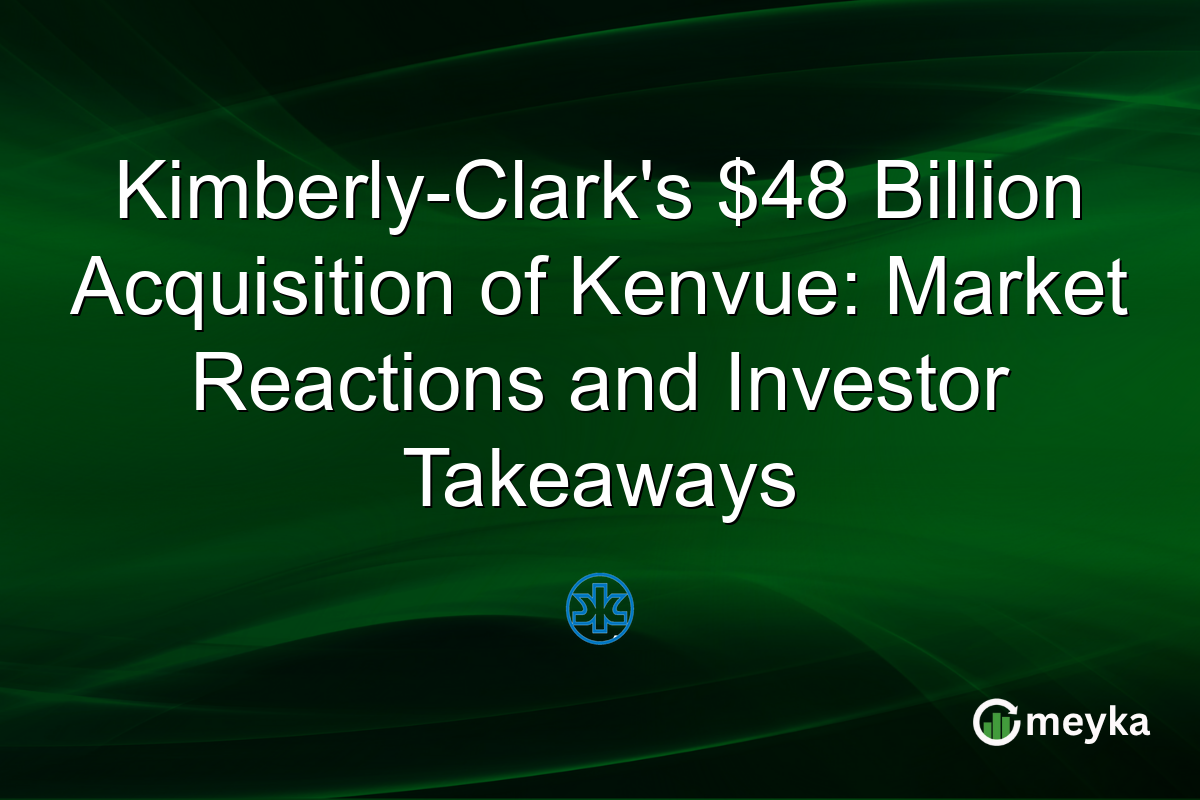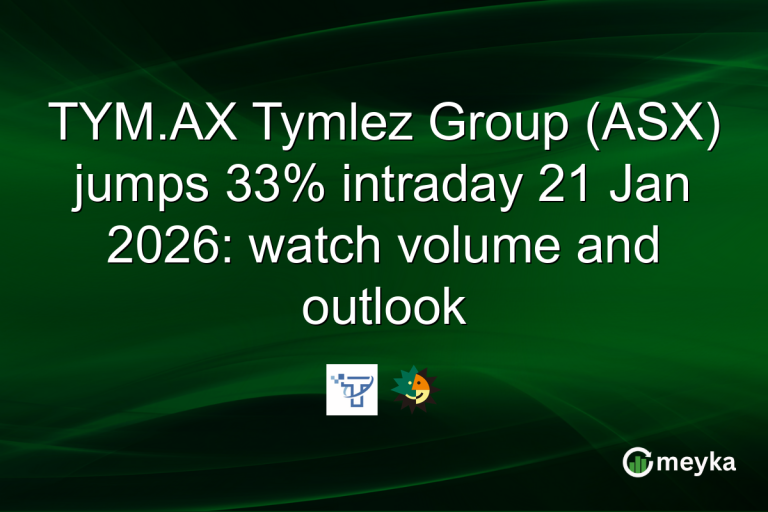Kimberly-Clark’s $48 Billion Acquisition of Kenvue: Market Reactions and Investor Takeaways
Today, Kimberly-Clark pushed the boundaries of its growth by acquiring Kenvue in a $48 billion deal. This move represents a strategic expansion into consumer goods by adding iconic brands like Tylenol to its portfolio. The transaction has triggered mixed stock market reactions, with Kenvue’s shares increasing by 15% and Kimberly-Clark’s falling by 12%. This divergence reflects varied investor sentiments about the merger’s impact on Kimberly-Clark’s future.
Continue Reading on Meyka
This article is available in full on our main platform. Get access to complete analysis, stock insights, and more.
Read Full Article →





